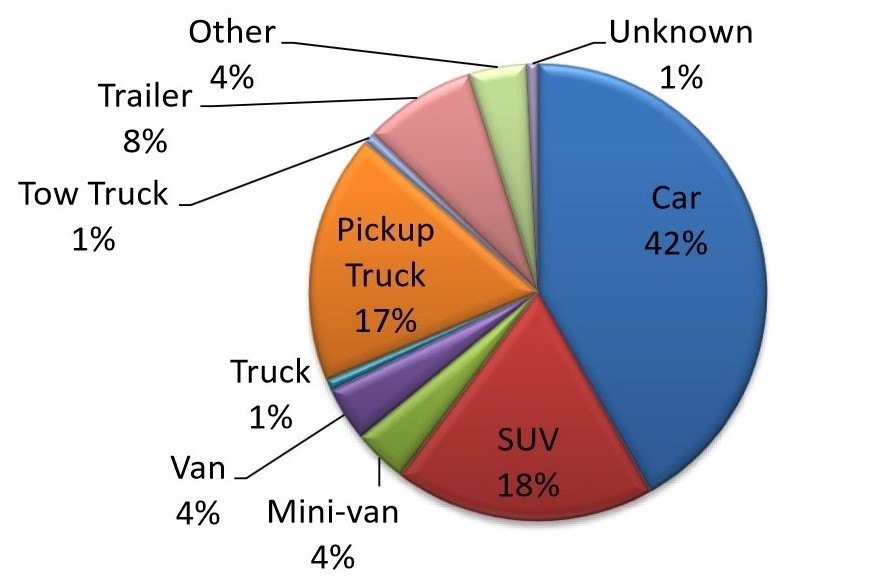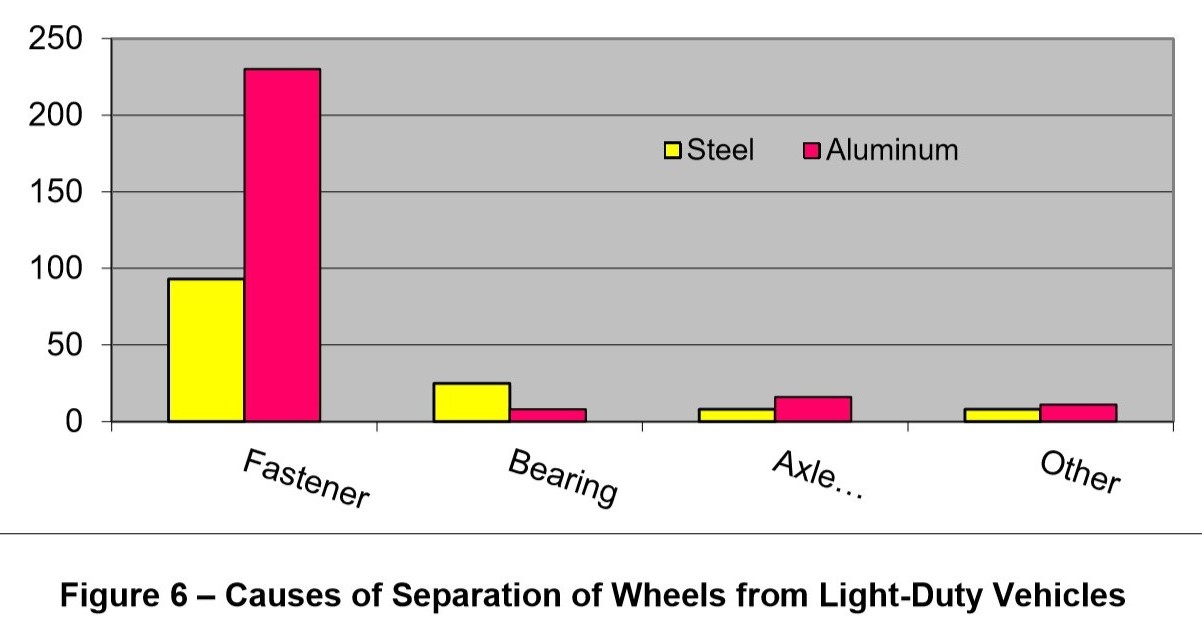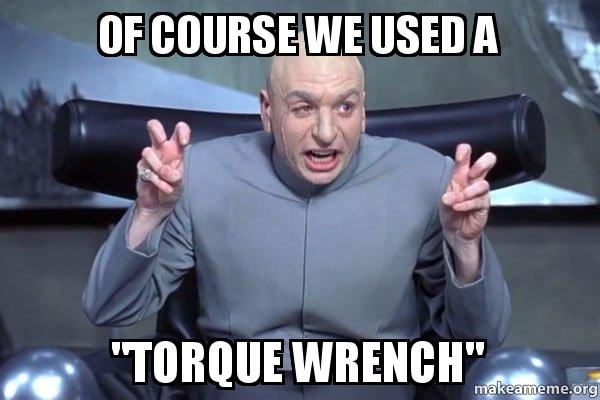As we drive into spring, thoughts of warm weather and road trips to the beach have us anticipating the date when we can roll the windows down and switch out our winter tires for summer ones.
But did you know that each time you have routine tire maintenance or switch tires your lug nuts should be accurately torqued? Also, schedule a follow-up appointment after approximately 100kms of driving to have the torque of your lugs nuts rechecked? As tires and hardware settle into their new season, thermal stressors and changes in metal properties may have loosened the hold. It’s important to verify the accuracy of the initial installation to avoid possible future damage or detachment.
Let’s talk about torque for a moment, Torque is defined as a measurement of rotational force acting upon an axis. In auto mechanics, the application and the correct use of this force when installing tires is imperative to the overall maintenance and safety of our vehicles. When torque is applied to a lug nut and bolt, the threading is wedged together creating what is known as a clamping force. It is this tension that keeps the two parts together and our wheels secured.
Tires are subject to a variety of stressors during their transit times such as the distance of travel, weight, and disbursement of cargo load, vibrations and shock from road conditions as well as vehicle cornering and turns.
An under-torqued wheel lug nut can loosen over time under these strained conditions. This will redistribute the tension on the remaining lug nuts. As the overall clamping force weakens, this continued stress will eventually fatigue each set of hardware which in turn can cause wheel separation.
During a four year study presented in 2017 by the Tire Dealers Association of Canada, of a total of 389 wheel separation incidents reported, 29% of these resulted in a collision. These reports were noted from light-duty vehicles (passenger or commercial vehicles with a gross weight of 4500kg or less). 85% of these wheel separations reported that the main cause was “fastener failure” which typically means that the lug nuts or bolts had loosened. (See below chart on vehicle type).


In efforts to compensate for potential loose nuts and bolts, over-torquing can become the common practice, but overzealous auto technicians and/or improper use of tools such as impact guns can result in the same possible outcome or worse as an over torqued lug nut can cause permanent damage.
All metals have some elastic properties and it is this elasticity that allows bolts to withstand some minor stretching when peak clamping load is reached. Aside from possibly damaging vehicle finishes, improper use of pneumatic tools can damage hardware. When exerting undesired force stripping threaded fasteners or stretching bolts beyond their clamping load can result in loose nuts or cause the bolt to crack and break.
Under-torquing and over-torquing are common with impact wrenches because their torque force can depend upon so many variables such as the type of gun (air, electric), power (air pressure, battery age), impacts per second, operator use and applied angle.
Kevin Rohlwing, senior vice president of training for the Tire Industry Association states:
“Most of these situations are the result of using an impact wrench to tighten the fasteners. A calibrated torque wrench is the best tool for ensuring proper torque, and it should be checked at every regular maintenance interval.”
When replacing or conducting routine maintenance on wheels, a reliable torque wrench is an ideal tool for finishing the tightening process. In combination with the correct vehicle specifications (variations that can range from 62 ft.-lbs on a Suzuki Aerie to 165 ft.-lbs on many Ford trucks) along with proper procedures and patterns, a properly calibrated torque wrench will announce a sensory signal with a click at the predetermined number.
A well maintained, quality torque tool helps to ensure accuracy and precision. Regulating torque helps to increase the quality, safety and reliability of our tires to help avoid costly repairs to wheel alignments, brakes, rotors and more importantly prevent fatal accidents caused by wheel separation.
At Pylon Electronics we understand the importance of an accurate torque wrench. Whether it is used on an aircraft, boat or even the lug nuts on your car, a properly calibrated torque wrench is a must for everyone’s safety. Pylon certifies thousands of torque wrenches a year to a traceable national standard following strict quality procedures. If you change your own tires or take your vehicle to a garage for service make sure your wheel nuts are properly tightened by a calibrated torque wrench and remember to recheck your wheel nut torque after approximately 100kms of driving.
For more Information:
https://itstillruns.com/overtorque-warp-brake-rotor-5672302.html
https://www.tirerack.com/tires/tiretech/techpage.jsp?techid=107
https://oppositelock.kinja.com/breaking-brakes-why-proper-bolt-torque-is-necessary-1789022511





